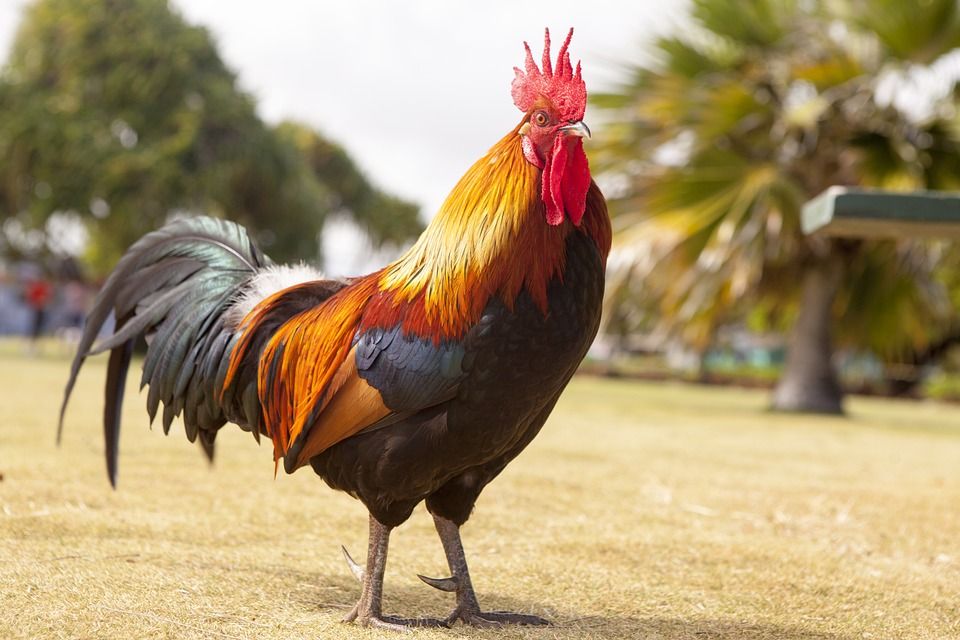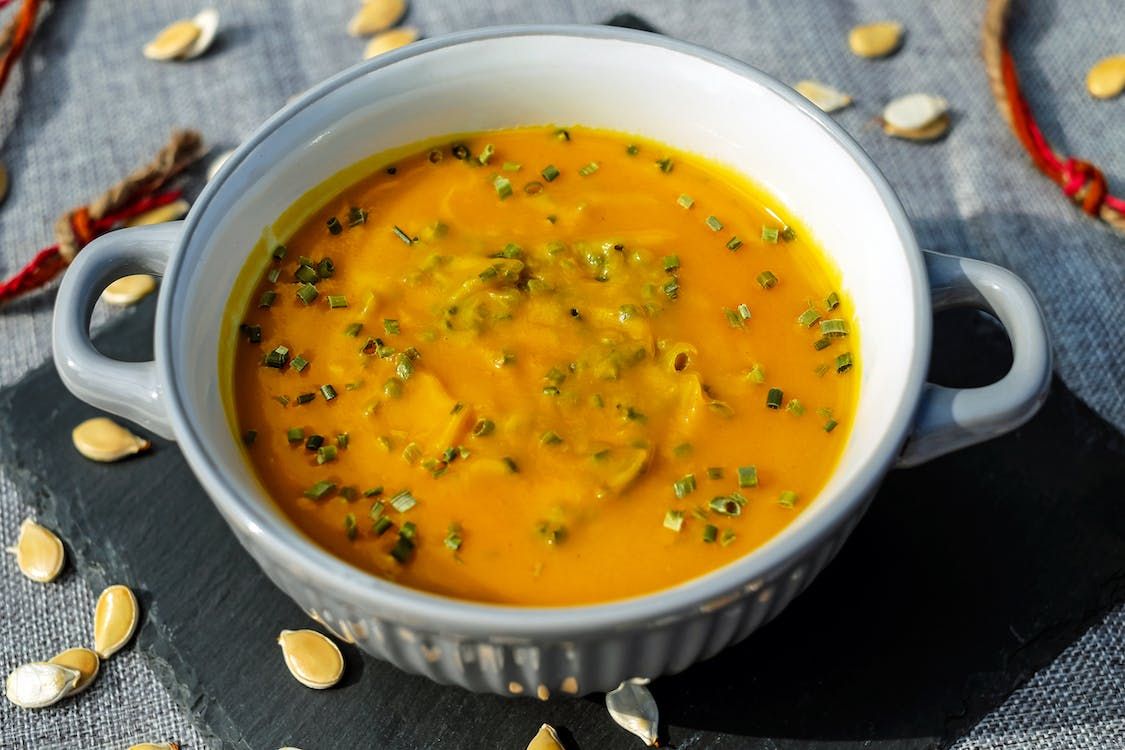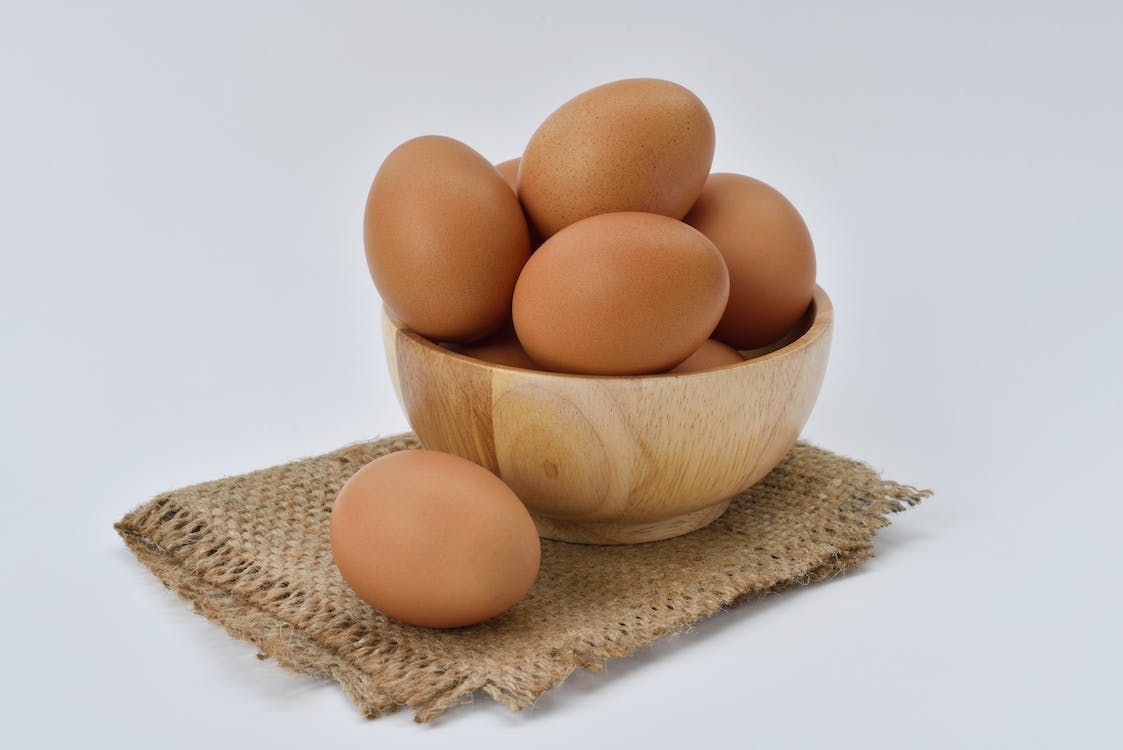7 Meals that Provide Proper Nutrition for Dogs
7 Meals that Provide Proper Nutrition for Dogs
U.S. pet food manufacturers utilize around 8.65 million tons of animal and plant-based ingredients annually to ensure complete nutrition for pets.
While pet owners may prefer homemade meals for their dogs, it is important to understand the necessity of nutritional supplements. Homemade meals might not always meet the essential nutrient needs that human foods typically lack.
Additionally, certain human foods should never be shared with dogs. Let’s review some nutritious meals suitable for dogs.
1. Chicken
Chicken is an excellent protein source, vital for muscle growth and repair in dogs. It is a lean meat, making it ideal for dogs needing to manage their weight.

-
Chicken provides essential amino acids necessary for a dog’s diet.
-
It contains vitamins and minerals contributing to overall health, including B vitamins, iron, zinc, and copper.
-
Omega-6 fatty acids found in chicken aid in nutrient absorption, inflammation management, and maintaining healthy skin and coat.
-
Additionally, chicken is a significant energy source for dogs.
Commercial dog foods frequently include chicken due to its digestibility. Be sure to cook chicken thoroughly and avoid feeding dogs chicken bones, as they can splinter and cause choking or internal injuries.
Consider adding a small serving of boiled, skinless chicken to your dog’s regular meals once or twice a week, or use cooked chicken as a training reward.
2. Fish
Regularly feeding your dog small, oily fish is an excellent way to provide essential nutrients.
Key benefits of fish include:
-
An abundant source of omega-3 fatty acids that promote healthy skin and coat, reduce inflammation, and support cognitive function.
-
Good protein content as well as vitamins D and B12, alongside minerals like calcium, phosphorus, and selenium.
-
A great alternative for dogs with specific meat allergies.

However, caution is necessary when feeding fish. Some types, like salmon, can harbor harmful parasites and bacteria. Ensure fish is thoroughly cooked and boneless to avoid choking hazards.
Start with small amounts; for smaller dogs, begin with half a sardine daily and gradually increase for larger dogs. Consult your veterinarian for guidance on the best type and amount of fish for your dog’s diet.
3. Bone Broth
Bone broth is a nutrient-dense liquid made by boiling animal bones and connective tissues with apple cider vinegar. This process releases nutrients, making them easily absorbable.
Nutrients found in bone broth include calcium, potassium, magnesium, phosphorus, glucosamine, chondroitin, amino acids, collagen, hyaluronic acid, and various minerals.

Bone broth offers incredible benefits for dogs, including:
-
Supporting joint health, muscles, tendons, and ligaments.
-
Boosting immunity and promoting healthy digestion.
-
Assisting in liver detoxification.
-
Improving hydration, especially for sick or recovering dogs.
-
Alleviating joint pain and enhancing mineral absorption.
-
Supporting skin health and brain function.
Overall, bone broth is a nutritious, flavorful addition to your dog’s diet. You can even create a frozen treat using broth for a refreshing snack on hot days.
4. Carrots
Carrots are not just healthy for humans but also offer nutritious benefits for dogs. These vibrant vegetables can enhance a dog’s diet in various ways.
Carrots provide essential nutrients that contribute to improved eyesight and may help lower cancer risk. They are packed with fiber, vitamins, and minerals, promoting overall health.
-
Carrots are high in beta-carotene, a powerful antioxidant that strengthens the immune system, supports eye health, and helps maintain healthy skin and coat.
-
Their low-calorie and high-fiber nature makes carrots an excellent choice for dogs aimed at weight loss or weight management.
-
The fiber in carrots also supports digestive health and regulates bowel movements.

Dogs can enjoy carrots raw or cooked, but it’s essential to cut them into small pieces to prevent choking hazards. Carrots should constitute less than 10% of a dog’s daily calorie intake.
You can offer carrots as treats, meal toppers, or frozen snacks. Always consult with a veterinarian before modifying your dog’s diet.
5. Eggs
Eggs serve as a rich source of protein and crucial nutrients for dogs. They are easy to digest, making them a great alternative for dogs with sensitive stomachs.
-
The protein content in eggs supports muscle growth and overall health in dogs.
-
Eggs provide all essential amino acids, making their protein highly digestible.
-
They are also packed with vitamins A, D, E, B12, and minerals like iron and selenium, which are beneficial for a healthy coat.
-
Egg yolks are rich in healthy fats that can support a dog’s skin and coat.

While eggs are a nutritious addition, they should not replace a balanced diet and should be given in moderation.
6. Brown Rice
Brown rice is a nutritious source of carbohydrates that fuels dogs with energy. Additionally, it offers various vitamins and minerals, including thiamin, niacin, vitamin B6, magnesium, and manganese.
-
As a complex carbohydrate, brown rice takes longer to digest, helping to stabilize blood sugar levels in dogs.
-
It is a suitable alternative for dogs allergic to other grain types.
-
The fiber content in brown rice aids digestion and promotes a healthy gut.
-
Brown rice provides sustained energy, helping your dog lead an active lifestyle.
-
As a low-fat, low-calorie food, it supports weight management.

Natural oils in brown rice promote healthy hearts and cardiovascular systems. Some studies indicate that fiber and antioxidants in brown rice may lower the risk of certain cancers in dogs.
It’s crucial to serve rice in moderation due to its high carbohydrate content, as excessive amounts can lead to weight gain. Always serve it cooked and plain, without salt or seasonings.
7. Pumpkin
Pumpkin brings a wealth of nutrients and health benefits to dogs. It’s an economical ingredient to help maintain your dog’s wellness.
-
High in fiber, pumpkin can alleviate digestive issues like constipation and diarrhea.
-
With low fat and calories, it’s perfect for dogs needing weight control.
-
Rich in vitamins A, C, and E, pumpkin supports your dog’s immune system and general health.
-
The amino acids found in pumpkin can be toxic to various dog parasites.
-
Studies highlight pumpkin’s capacity for hydration, aiding skin and coat health and being an effective weight loss support.
When feeding pumpkin, ensure to use plain canned pumpkin, avoiding pie filling which contains sugars and spices harmful to dogs.

A low-calorie source of fiber and vitamins, pumpkin can enhance digestion and promote healthy skin and coat. You can mix a tablespoon of pureed pumpkin into meals, combine it with chicken and rice, or use it in homemade dog treats.
Conclusion
Dogs need a mix of nutrients in various quantities throughout their lives. Moderation is key when introducing new foods, and consulting your veterinarian is advisable if you have concerns about your dog’s diet.
